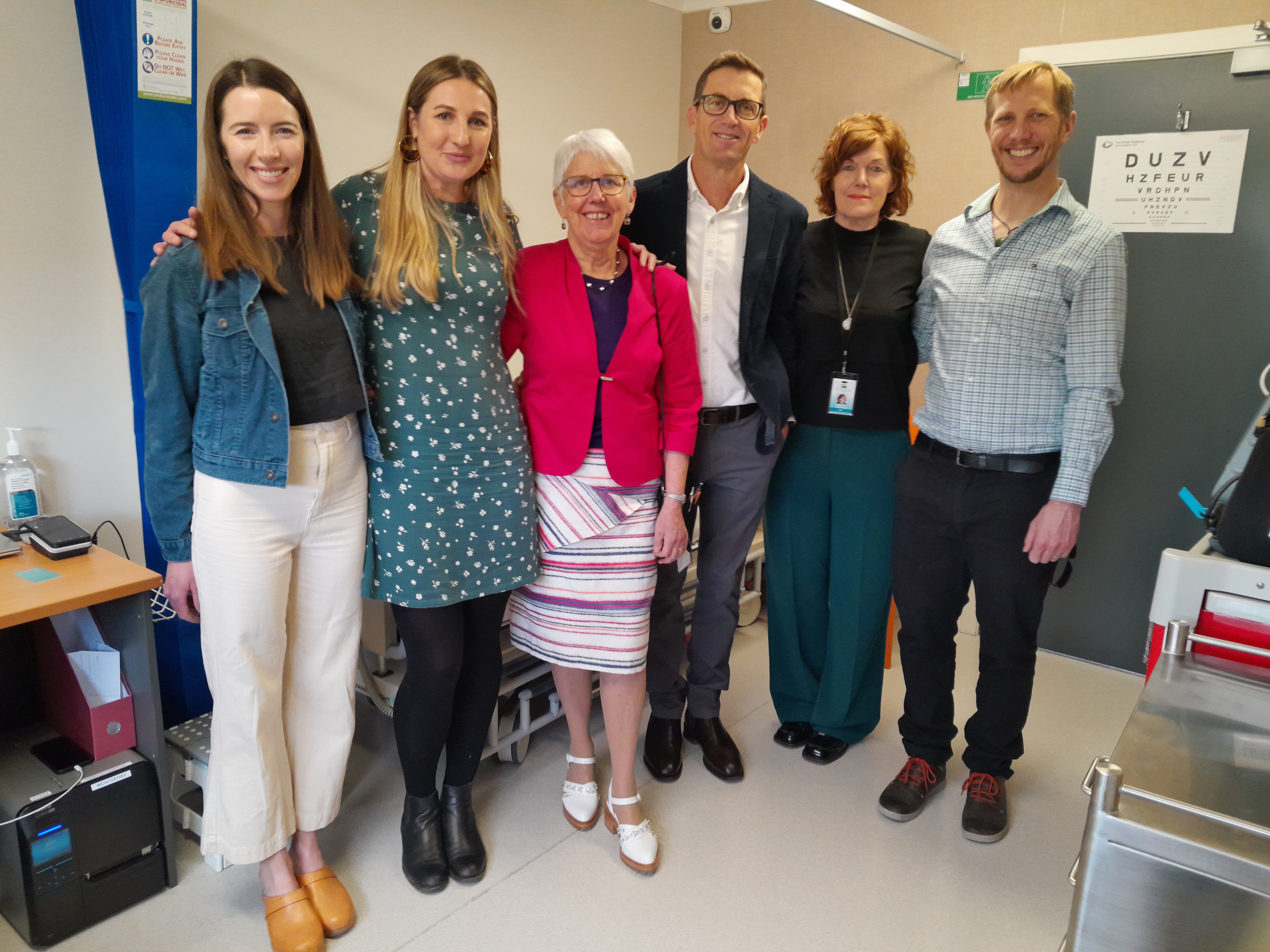It has been more than two years since after-hours care was available in Wānaka.
More than 50 people, mostly health professionals, listened to speeches from several community and health leaders stressing community collaboration as the way forward in the battle for better rural services, before touring the two rooms set aside for Wānaka’s 11pm-8am after-hours Wānaka Acute Overnight Care service.
The after-hours service is now based at the Aspiring Care Centre (formerly the Aspiring Enliven Rest-home and Hospital) and has been set up in just over three months, since Health Minister Dr Shane Reti announced some Health NZ funding was available for the project during a visit to Wānaka in June.
But the funding for the service has only been provided for one year, as a temporary measure, while alternate models of healthcare are examined.
There will also be a cost for the new service, with a patient co-payment being charged.

But fees are higher for New Zealand visitors ($280 for over 14) and overseas visitors and non-residents ($650).
Central Otago Health Services Ltd (COHSL) co-clinical director Jono Wills, who has been lobbying for the service for several years, said its introduction was overdue.
"I truly believe it is only a temporary solution. The region will continue to grow and we will need more."
Dr Wills said Dunstan Hospital’s doctors would now be responsible for the acute health needs of 45,000 people from Central Otago and Wānaka on their own when they are rostered on at night.
"So I am hugely thankful to those people. A single doctor providing clinical oversight for 45,000 people - that is a massive undertaking."
Eight clinical nurse specialists have also been employed in various part-time and casual roles to make it work.
Former COSHL chairman Allan Kane said the Wānaka service would ease the load on Dunstan’s "overworked and overcrowded facilities".
"In the future if we, as a community, want to ensure we get our equitable share of public health funds, we are going to have to work together, as a community, as I think we have done here in this case," Mr Kane said.
COHSL chairman Richard Thomson said small communities struggled to access health because they did not have economy of scale, emergency departments or hospitals.
"Health works best when all the component parts are in sync, when the clinicians are driving the model of care, when the funders are prepared to put adequate funding in to support that model of care and when management is able to deliver for clinicians, knowing they are not the impossible meat in the sandwich between aspiration and inadequate funding.
Those three things had come together to make something possible. The community was a "fourth leg of the stool", "without which COSHL would not be here," Mr Thomson said.
"Funding came about, in the end, I believe, because the community said this is simply not acceptable. They stood up and they came out en-masse to a public meeting [in March] and they made their position really clear," Mr Thomson said.





!["They [mayors] do not have the capacity, capability or desire to do the job" — Otago regional...](https://www.odt.co.nz/sites/default/files/styles/odt_landscape_small_related_stories/public/story/2026/01/c-memorialhall-1.jpg?itok=4Go2bdgg)





